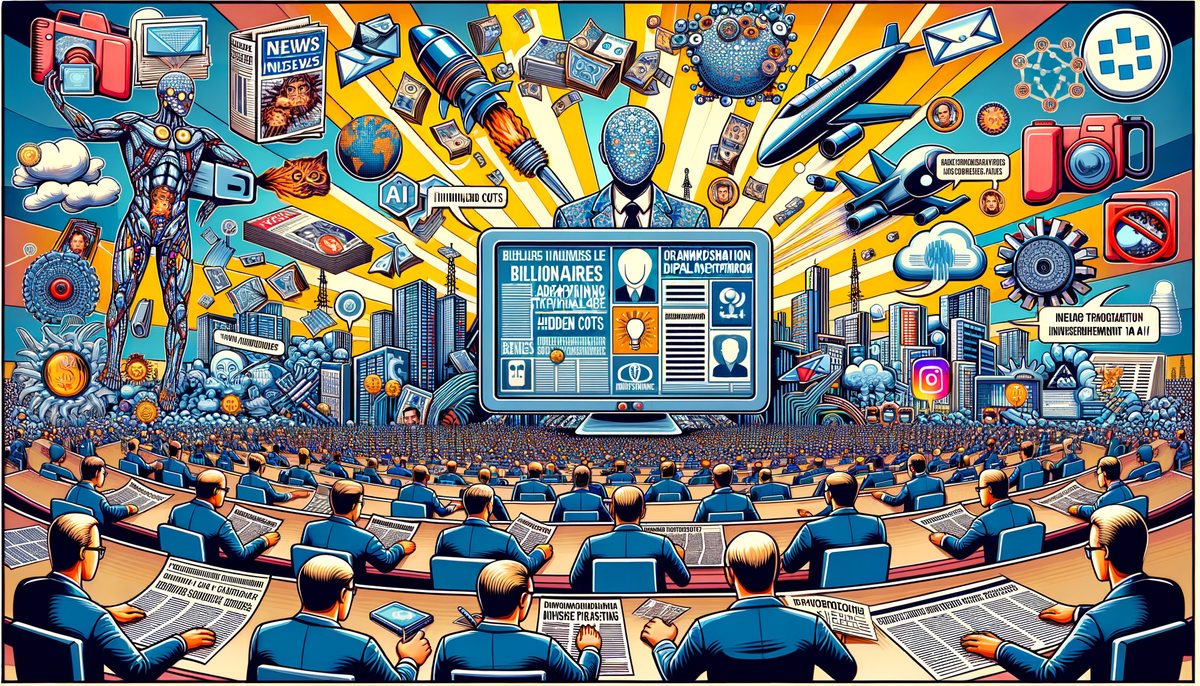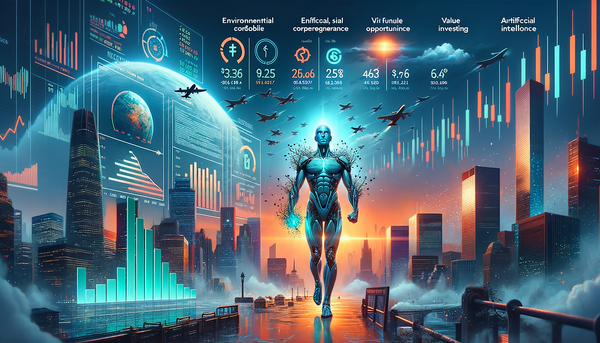Davos 2024 Leaders Tackle AI Disinformation and Digital Challenges

In a reflection of the ongoing struggles within the news industry to adapt to the digital age, billionaire Patrick Soon-Shiong has invested substantial personal funds into media giants such as the Los Angeles Times and the Washington Post. The L.A. Times reportedly faces an annual loss of $50 million, while The Washington Post was on track to lose $100 million. Amid these financial challenges, CNN's new CEO Mark Thompson has proposed a future-focused strategy that aims to recapture the pioneering spirit of the network's early days and integrate 'digital' seamlessly into its operations.
Simultaneously, the potential for Artificial Intelligence (AI) to both detect and create disinformation has become a topic of concern and debate. Experts like Darren Linvill of Clemson University recognize that AI could accelerate the existing information wars, noting that despite the technological advancements, the majority of disinformation still originates from sources like viral memes and deepfakes rather than AI-generated content.
At the World Economic Forum Annual Meeting in Davos, Axios House Davos conducted live programming which included global leaders discussing the intersection of AI with digital transformation. The discussions highlighted the potential economic impact of generative AI, estimated to contribute between $6.1 trillion to $7.9 trillion annually, while also acknowledging the hidden costs associated with such advances. Topics such as cyber security for small and medium-sized enterprises were also addressed, underscoring the importance of protecting businesses against cybercrime. The conference emphasized the role of high-quality data in training AI tools and the technology's capacity to support sustainable, competitive business practices that can aid global initiatives and governments.




